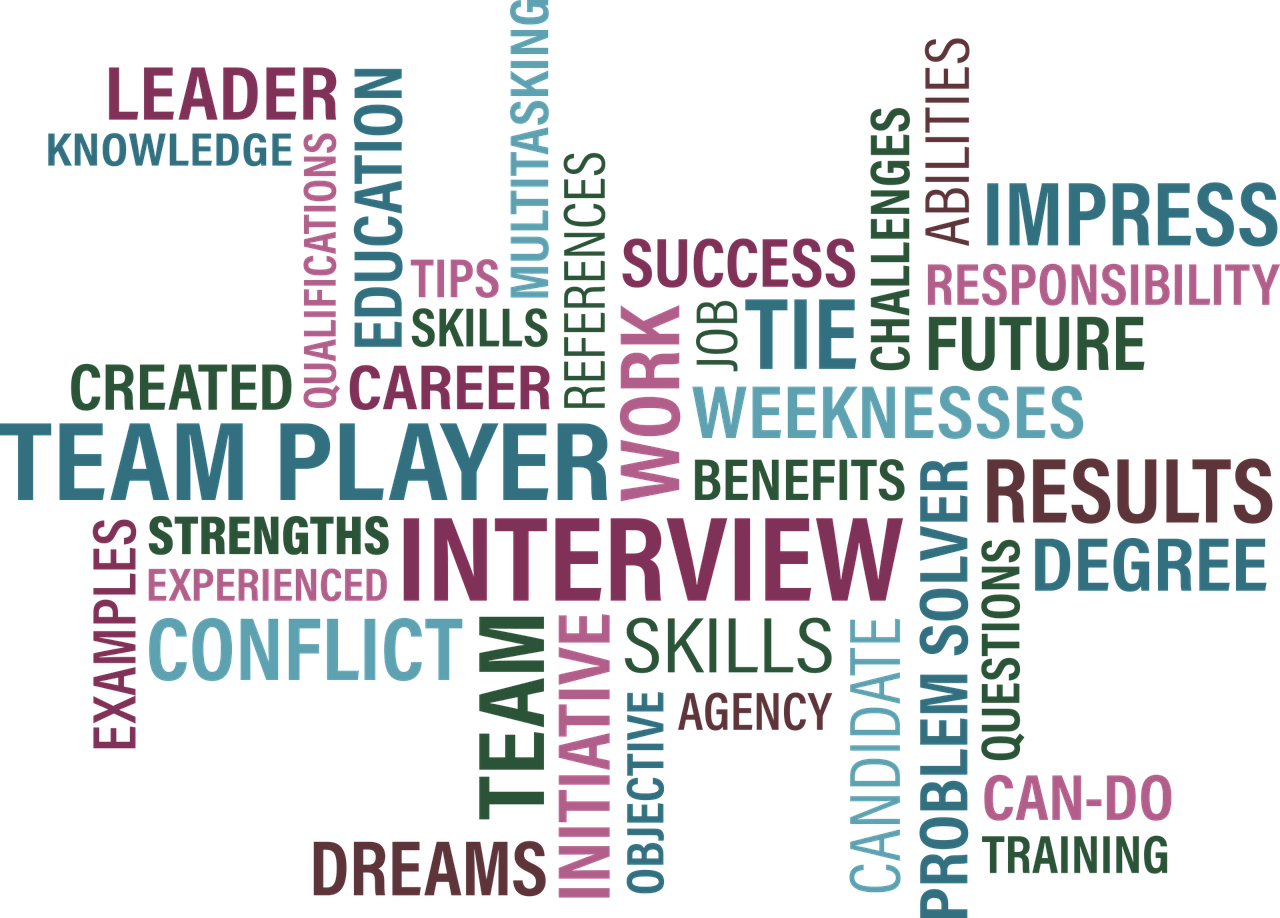Finding the right person for a role includes conducting interviews effectively. Taking the time to prepare for interviews will enable you to find your next great hire more easily. Knowing the best interviewing tips will help you conduct your interviews with ease and efficiently, meaning you end up with the best employee possible.
Top 10 Interviewing Tips
1. Define Qualities
You will have already written a great job specification and will know what hard skills, qualifications and experience you are looking for in a candidate. You also need to define what soft skills, qualities and personality traits you are looking for.
Being clear on these points before an interview will help you more than just replying on your gut instinct to assess a candidate.
Having trouble deciding on these qualities? Look at your best performers and how they fit into your company culture and their job roles.
2. Describing Your Company
Instead of spending time describing your company for the candidate, make it the first question you ask them. This will allow you to assess how much they have researched your company beforehand and how interested they are in the job you have available.
3. Consistency
It’s important to use the same questions for each candidate so you can easily compare all the answers when you come to review the candidates and decide who is best suited to the role.
4. Rapport
Build rapport to make candidates feel comfortable and you will get the best answers from them as they will be able to relax more and be able to think more clearly. There is no point in making candidates feel nervous and on-edge as you won’t get the best from them, so smile and make them feel at ease.
5. Competency Based Questions
It goes without saying that you will be using open-ended questions, using competency based questions. If you use competency based questions they are a great way to determine if a candidate has a particular skill you are looking for. This type of question asks the candidate to describe a time when they used a particular skill.
Their answer should then include the situation they are referring to, the task they undertook, the action they carried out and the results they got.
Read our blog on competency based questions if you would like to read more.
6. Body Language
Keep a mental note of the candidate’s body language. For example, are they leaning back in their chair and not looking very interested? Or are they sitting upright or leaning forward and hanging onto every word you say, eager to impress.
Leave allowances for nervous candidates who are fidgeting. They may be really nervous because they really want the job. A candidate who interrupts a lot may just be nervous but it could be a sign of arrogance. You can tell more about a situation from non-verbal clues than words.
7. Candidate Questions
Make sure you leave time for the candidate to ask questions. Most interviewers find it is best to leave this until the end of the interview so the flow of the interview is not interrupted.
8. Notes
Keep notes, or even better make a score sheet, to allow you to remember and compare all the candidates you have interviewed afterwards.
9. Debrief
As soon as possible after each interview you need to debrief with your colleagues who are conducting interviews with you. Discuss your impressions and you’ll be amazed at what other people noticed that you didn’t. A debrief should happen within 24 hours at the very latest whilst everything is still fresh in your minds.
10. Listen
One of the most important tips for great interviewing is to make sure you listen during most of the interview. As a general rule of thumb if you are talking for more than 25% of the interview, you are talking too much.
After your first round of interviews, it’s generally a good idea to conduct a second round of interviews with the candidates you feel are best for the role. Prepare and ask new questions but also ask a couple of questions from the first interview to test consistency of answers.
If you’ve found this blog useful, read our blog “2 out of 3 Job Applications have Discrepancies”.
Contact 2i Recruit


